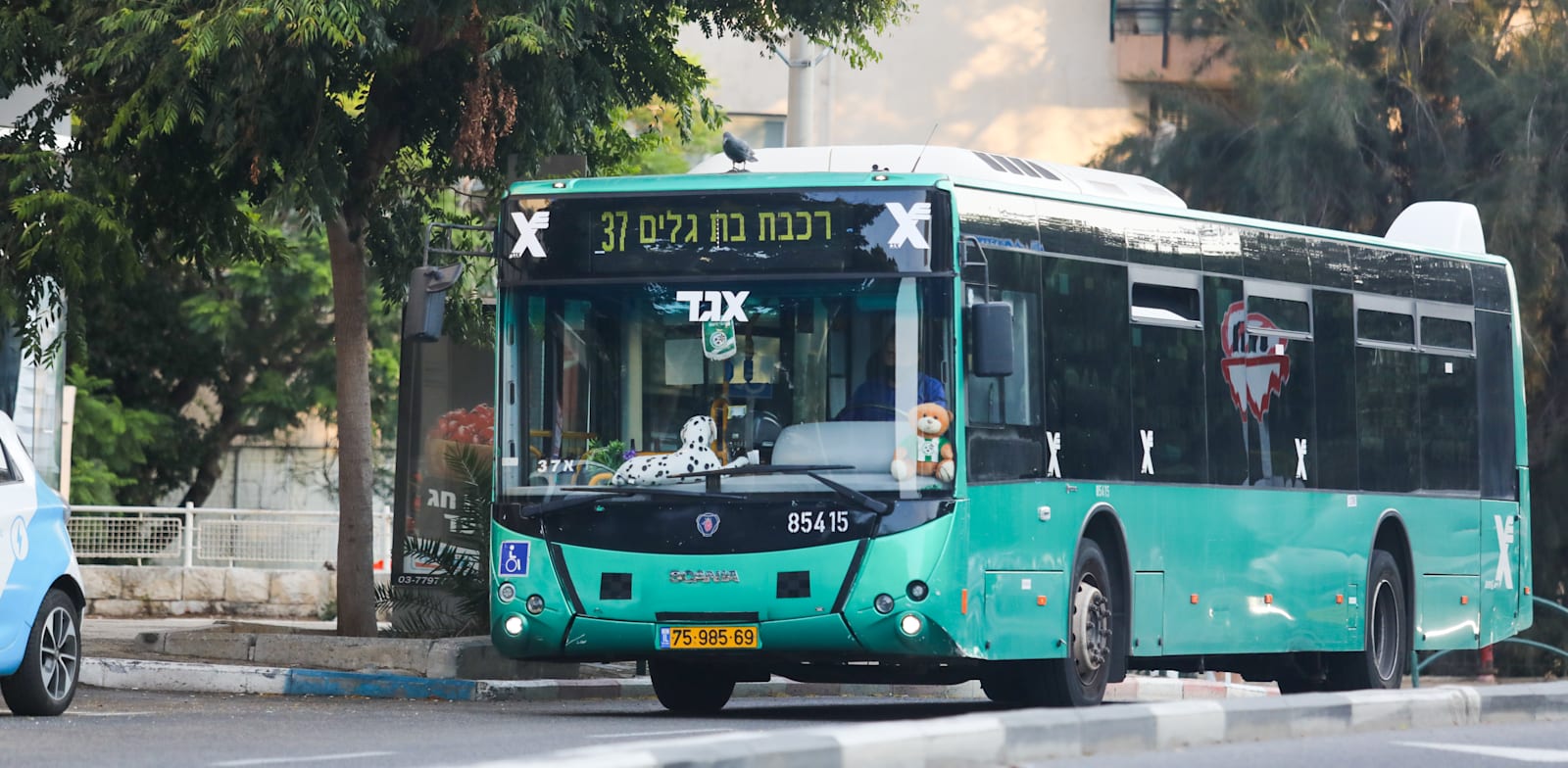In an achievement for Minister of Transport Miri Regev, the Ministry of Finance has agreed to add to the budget for the fares reform that she seeks to promote, in order to moderate the rise in prices on public transport. The Ministry of Transport did not, however, receive all the funding required to prevent a fare increase, and so in some places fares will fall and in others they will remain as they were. For example, fares in Tel Aviv will remain unchanged, while in Bnei Brak they will be reduced.
A joint statement from the minister of finance and the minister of transport said, “Out of a desire to prevent the rise in public transport passenger fares by 12%, a general plan was formulated by the Ministry of Finance and the Ministry of Transport for cancelling the rise in bus and train fares and for encouraging the switch to regular use of public transport.”
In effect, this brings forward the implementation of Regev’s fares reform, with changes. The cost of the reform at the time Regev presented it, without coordination with the Ministry of Finance, was put at NIS 740 million. The budget agreement reduces the cost to NIS 360 million.
In order to moderate the rise in public transport fares, the Ministry of Finance proposed to Regev in the past that she should forego the reform, and use the budget to subsidize fares. Regev refused, and insisted both to subsidize fares and to implement the reform.
In the end, she obtained a reduced reform, but the Ministry of Finance agreed to add NIS 100 million to the budget in order to moderate the rise in public transport fares. This represents an achievement for Regev, since the professional stance at the Ministry of Finance was that there should be no subsidies to keep the rise in fares down, and that there should be no funding for a reform presented without warning, and not based on data, accumulated knowledge, or research by the Ministry of Transport, when the previous reform came into effect only a year ago.
The current reform provides for a 50% discount on fares in all communities in the periphery and in socio-economic brackets 1-5. Thus in Tel Aviv fares will remain the same, while in Bnei Brak they will be cut.
Regev’s reform also fulfils a commitment by the Likud party in the coalition agreements: all people aged 18-26, and also those in full-time Torah study, will now benefit from the discounts to which students are entitled.
In addition, discharged soldiers will travel for free on public transport for a full year after their discharge, in order to encourage them to keep using public transport.
RELATED ARTICLES

Public transport fare hike postponed
Transport Ministry freezes Tel Aviv congestion charge plan
Incoming transport minister Regev slams Metro plan
Regev did, however, make concessions in the negotiations with the Ministry of Finance, and did not obtain reductions in fares for single journeys, and thus the budget gap was closed, allowing the reform to go ahead with the addition of NIS 100 million.
The public transport reform introduced by the previous government, which Regev said she would overturn, was hatched at the professional level in the Ministry of Finance and the Ministry of Transport, and was aimed at making fares uniform, since every city in Israel had different fares.
Published by Globes, Israel business news – en.globes.co.il – on July 27, 2023.
© Copyright of Globes Publisher Itonut (1983) Ltd., 2023.
Stay connected with us on social media platform for instant update click here to join our Twitter, & Facebook
We are now on Telegram. Click here to join our channel (@TechiUpdate) and stay updated with the latest Technology headlines.
For all the latest Business News Click Here
For the latest news and updates, follow us on Google News.
